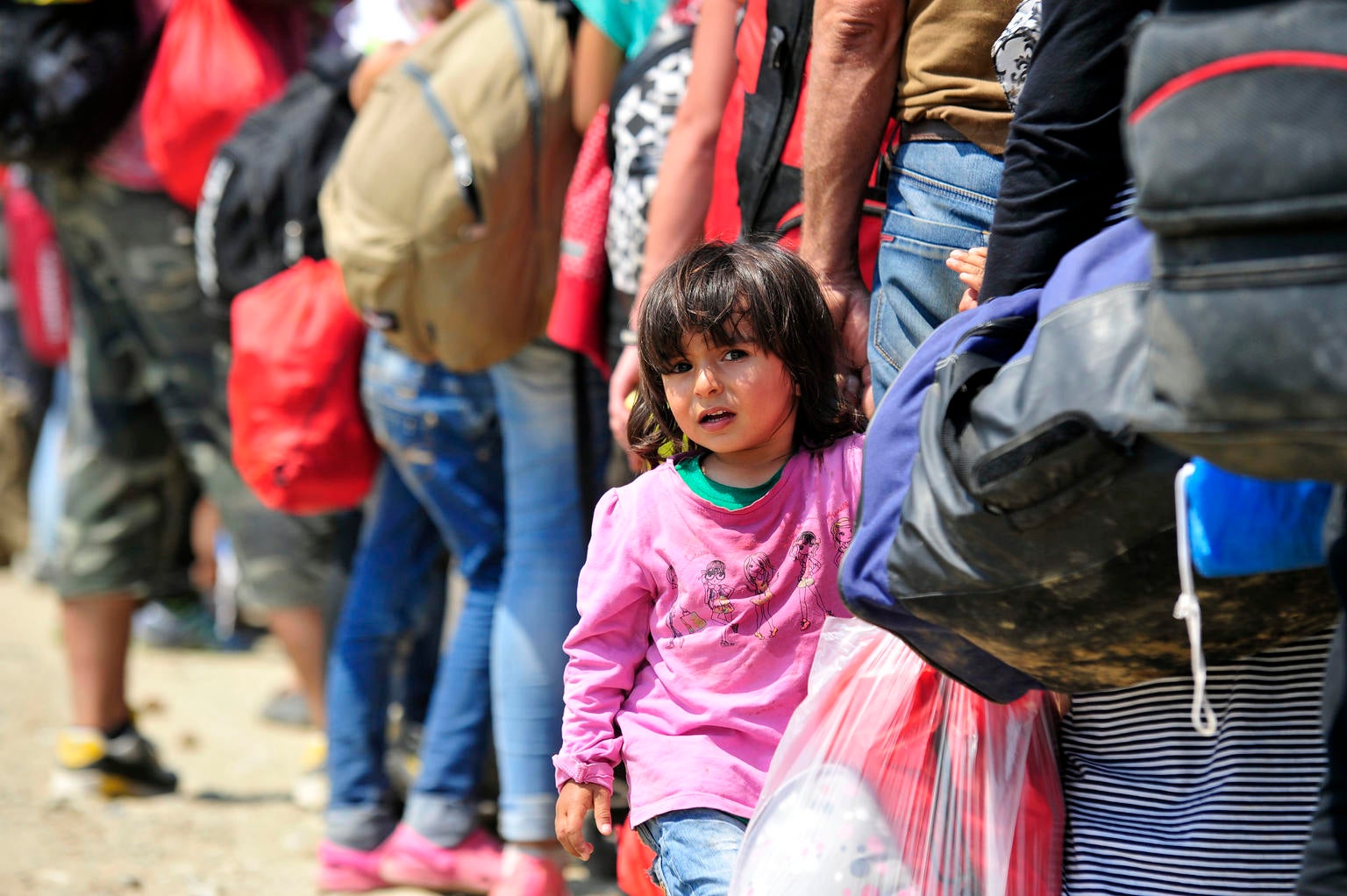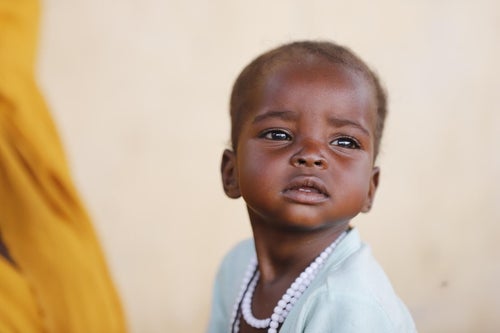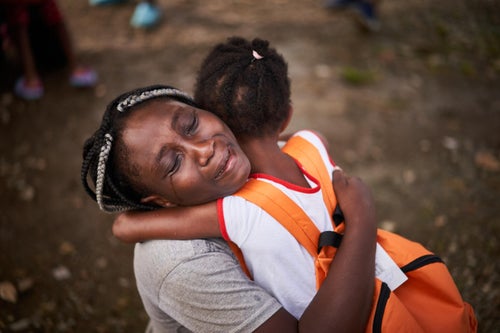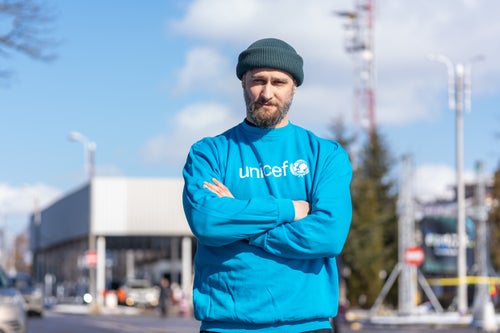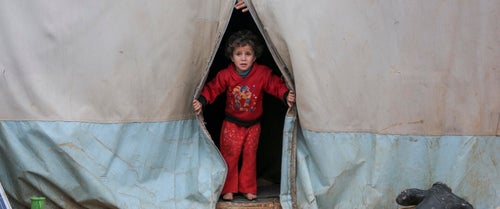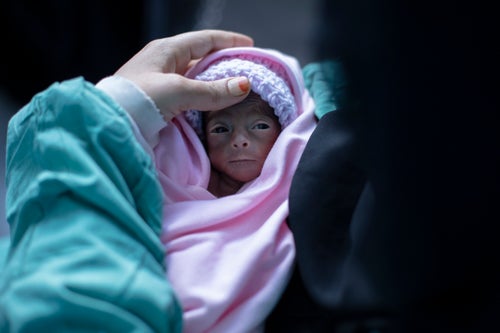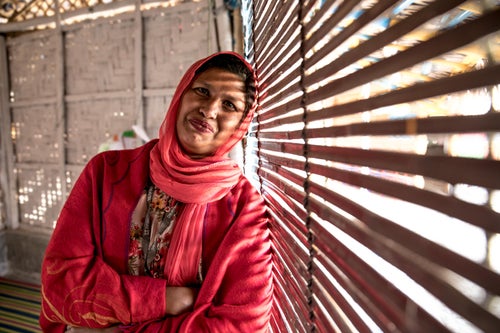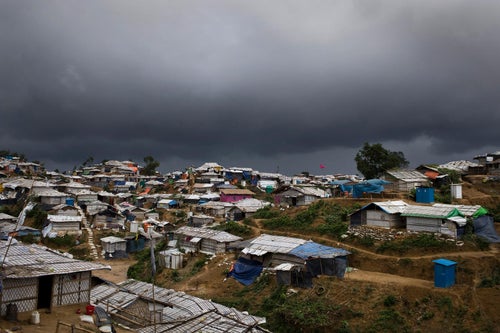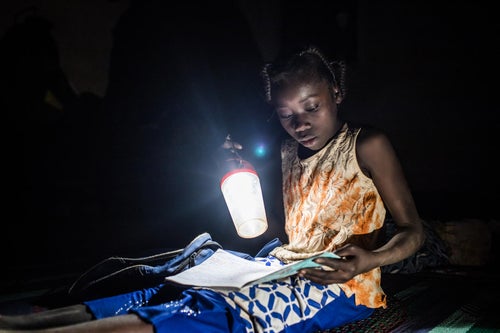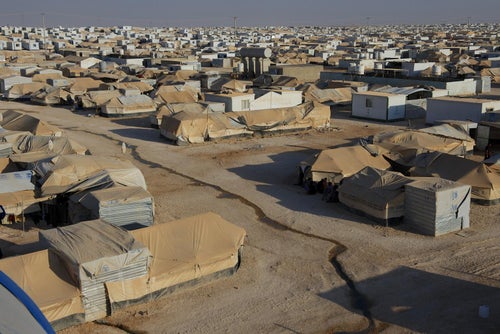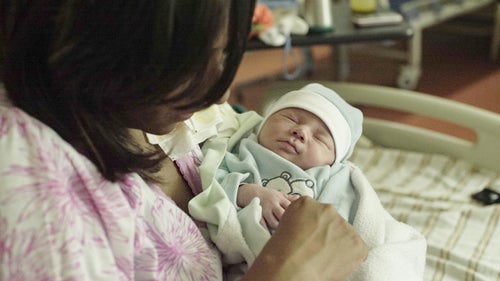In Australia, Europe and wherever they go in search of safety, refugees face the same question: why don’t you go back home? Here’s why that’s not always possible.
The number of people affected by conflict, disaster and humanitarian crisis has doubled in the past decade and there are now more refugees than at any other time since World War II.
Wherever they go, these refugees are often asked to return.
But when war throws your life into chaos, it’s rarely as simple as just going home. Here are just a few of the worst conflicts children and their families are fleeing from today.
Syria is one of the most dangerous places to be a child
Children have lost lives and limbs in more than six years of conflict. They have lost classrooms and teachers, brothers and sisters, playgrounds and homes. An estimated 6 million children are in need of humanitarian support. Those in beseiged areas remain at high risk of malnutrition and others lack access to clean water, eduation and childhood vaccinations.
Many of these children were born since the conflict started in 2011, their whole lives shaped by violence, fear and displacement.
Those who stay in Syria risk starvation and disease and children as young as seven are being recruited by armed forces and groups. Children have tried to escape from starvation in besieged towns, only to be shot by snipers or killed in minefields. Sexual violence has been used as a weapon of war, and children have been abducted, arrested at their schools, detained in ‘security centres’ and tortured into confessions.
These are not the atrocities of long-past wars, of history books or period films.
These things are happening to children right now, and our response will be judged in the history books of the next generation.
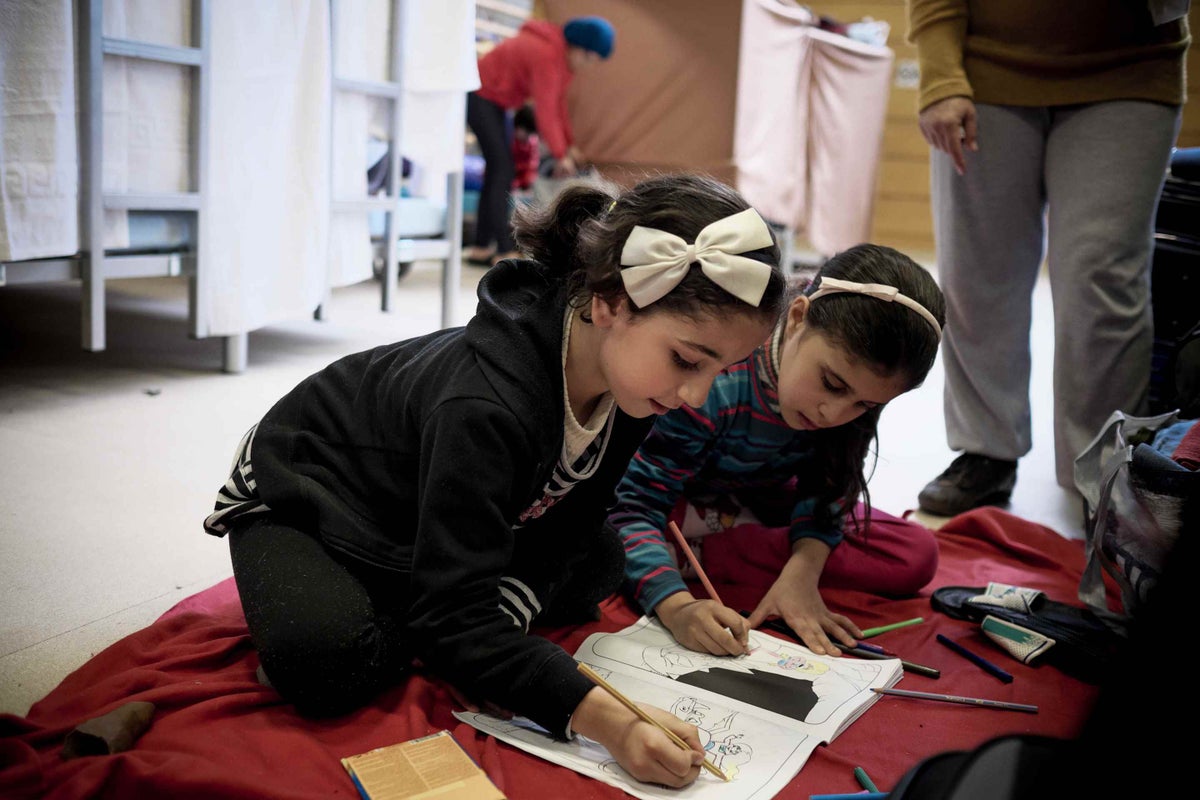
7 year-old Jannat is one of millions of refugees who fled Syria for Europe. Her family left Homs, making the weeks-long journey from Turkey by land and sea to Germany.
“Jannat’s always asking if she will be able to go home, play with her toys again, when she can go back to school,” her mother Amira says. “So, I tell her that everyone from school has travelled away, and we are travelling to find a new school.”
UNICEF has been on the ground in Syria and surrounding countries every day since the conflict began, providing food, water, toilets, medicine and vaccines, safe places, shelter and schooling for millions of children. And every day, we meet children like Jannat who want to go home to their friends, their schools and their lives - but they can’t.
A third of Iraq’s population need urgent aid
Years of violence and conflict have left about 11 million Iraqis in need of humanitarian assistance. Almost half of them are children.
More than 3 million people are internally displaced, and many need shelter, food, fuel, medical services and access to safe drinking water and sanitation facilities. In 2016, UNICEF reached more than 1 million of those displaced by conflict with life-saving supplies.
As violenct conflict continues, there have been reports of mass executions, gender-based violence including rape and torture, and use of children as human shields.
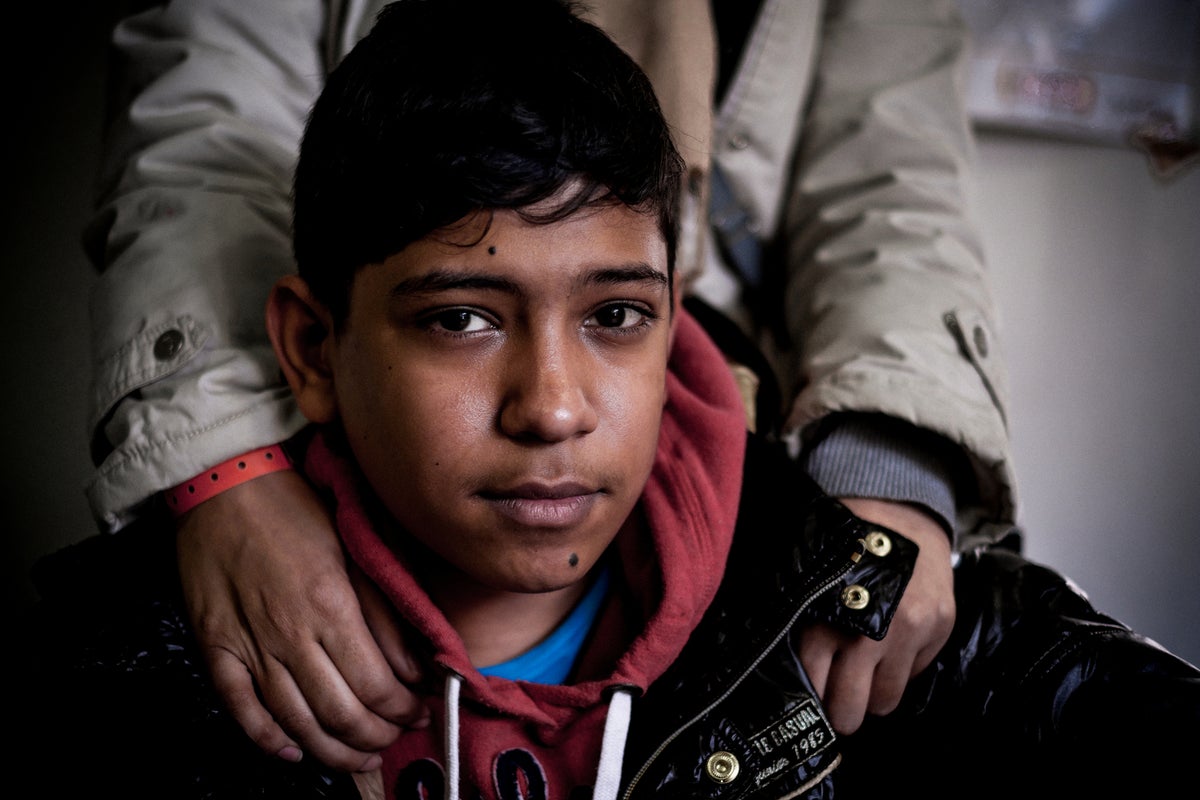
#BringBackOurGirls wasn’t the end of child abduction in Nigeria
In 2014, the abduction of 270 schoolgirls in Nigeria caught the world’s attention. In the two years that followed, an estimated 2,000 other children were abducted across the region.
Some are forcibly recruited by Boko Haram to fight their own families and communities, to work without pay or to become ‘suicide’ bombers. Young girls are exposed to sexual violence and forced to marry Boko Haram fighters.
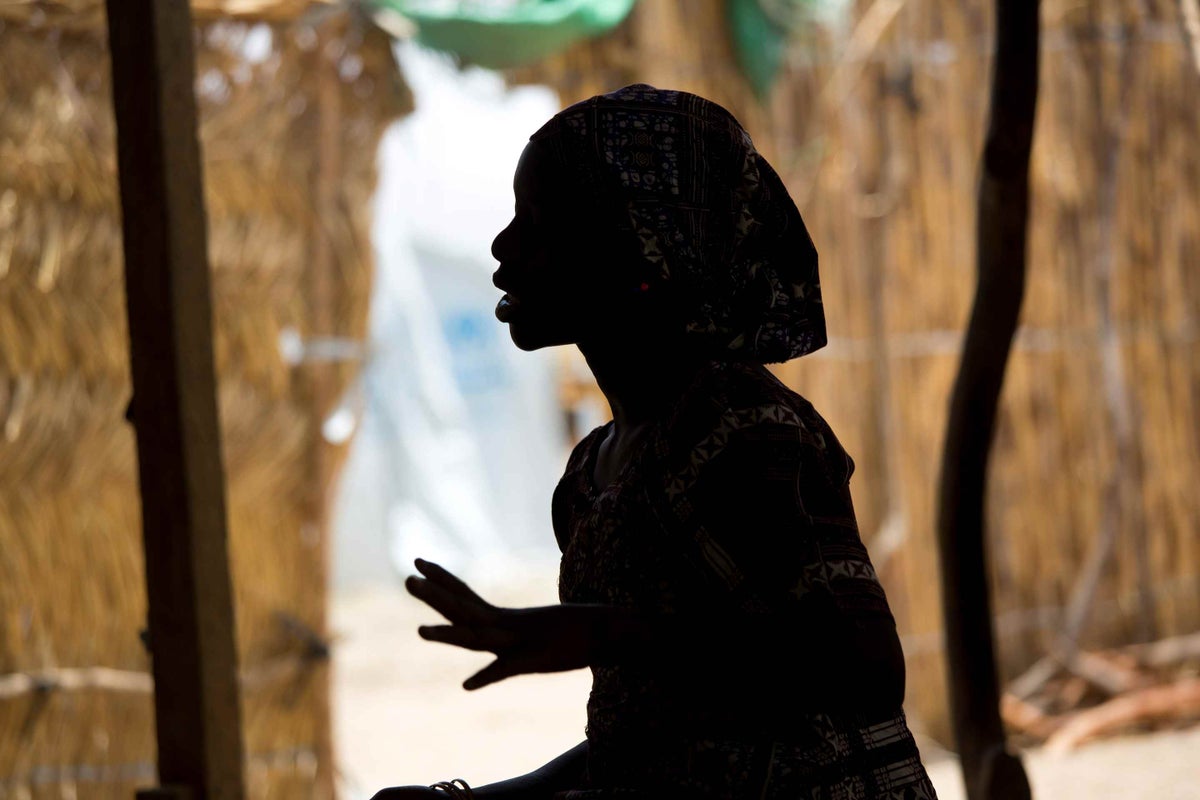
Fati was kidnapped by Boko Haram.
“One day, two men in the village followed my cousin and me all the way to our home. The men came into the house and told my parents that they wanted to marry my cousin and me. These men were Boko Haram. They carried guns.”
“Boko Haram wanted us girls to do suicide attacks, and many girls wanted to,” says Fati.
“Because they wanted to go to the army and have them remove the belts. That way they would escape.”
Fati never volunteered but one day when they were on the run with her captors, Cameroonian soldiers managed to catch them and place Fati in a refugee camp. With UNICEF's support, Fati is finally getting the chance to recover from the profound stress of conflict and rebuild a peaceful life.
Conflict has plagued Somalia for more than two decades
More than two decades of conflict and drought have left 6.2 million people – almost half of the population – in need of humanitarian and livelihood assistance. The situation is deteriorating as drought and insecurity continue, leaving communities on the brink.
Displacement is happening on a mass scale, with more than 1 million people internally displaced. These people are among the most vulnerable in the country, and almost 80,000 displaced children have lost their opportunity to attend school.
In conflict-ridden Somalia, the impact of UNICEF’s work is profound. In 2017, UNICEF provided more than a million children and women with life-saving health services. Almost 2 million people were provided with temporary access to safe water.
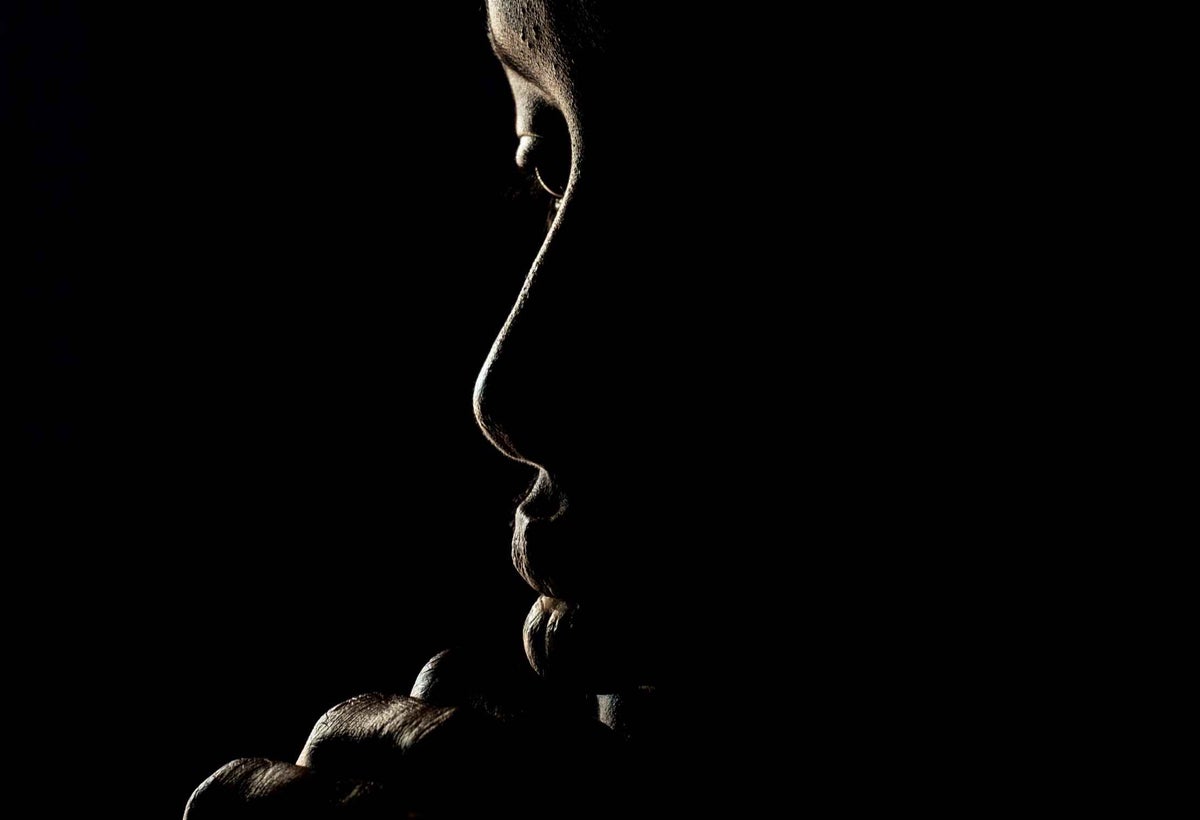
Ali was sixteen years old when al-Shabaab, an armed group operating in Somalia asked him to join their ranks.
“In my village, al-Shabaab recruited all the young boys to work with them. They said that if you don’t work with them, you are betraying religion. They would kill people.” Ali’s family decided he should flee for his safety. He travelled to Libya, then by boat to Italy.
“Every day I think of my family. My heart has left me. I think of my father, my little brother and my sister. If they can come here, I will have peace in my heart.”
Be there for children in crisis and beyond
UNICEF is working to reach more children in more places but the global refugee crisis has stretched our teams and resources to the limit. For too many children, time is simply running out.
Your monthly gift can make an immediate and lasting impact. With regular support, UNICEF can keep teams on the ground to support children in conflict, meeting urgent needs for health care, nutrition and education. Reliable funds help UNICEF give children safe spaces to play, learn and receive psychosocial support, whether they're in war zones, refugee camps or new homes. Ongoing support helps UNICEF plan ahead and be on the ground as soon as emergency strikes.
You can make this possible. By starting a monthly gift, you can join our Global Parents in making a powerful commitment: that wherever a child is born and whatever comes their way, we’ll give them a life, a chance, a choice.
Related articles
Stay up-to-date on UNICEF's work in Australia and around the world



